Your journey starts here! Get the assistance you need to navigate the complex process of studying abroad with StudentWorld’s expert guidance on student visas, university options, scholarships, and more.
Study Abroad with our Expert Guidance
Your journey starts here! Get the assistance you need to navigate the complex process of studying abroad with StudentWorld’s expert guidance on student visas, university options, scholarships, and more.
StudentWorld is ICEF recognised with ITAC and QEAC approved counselors combined with in-house Mara licensed agents to assist our global network with migration needs.
Our team of experienced education counselors are dedicated to helping you achieve your academic goals and make the most of your study overseas journey. With their help, you can navigate the complex admissions process, explore scholarship and financial aid options, and select the right university or program that aligns with your aspirations and interests.
















